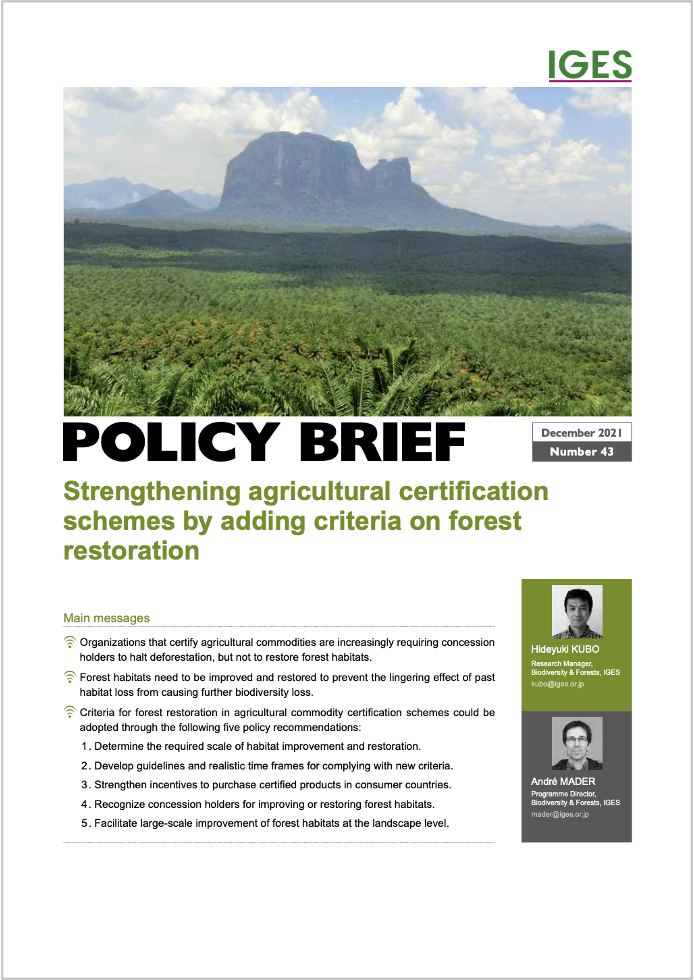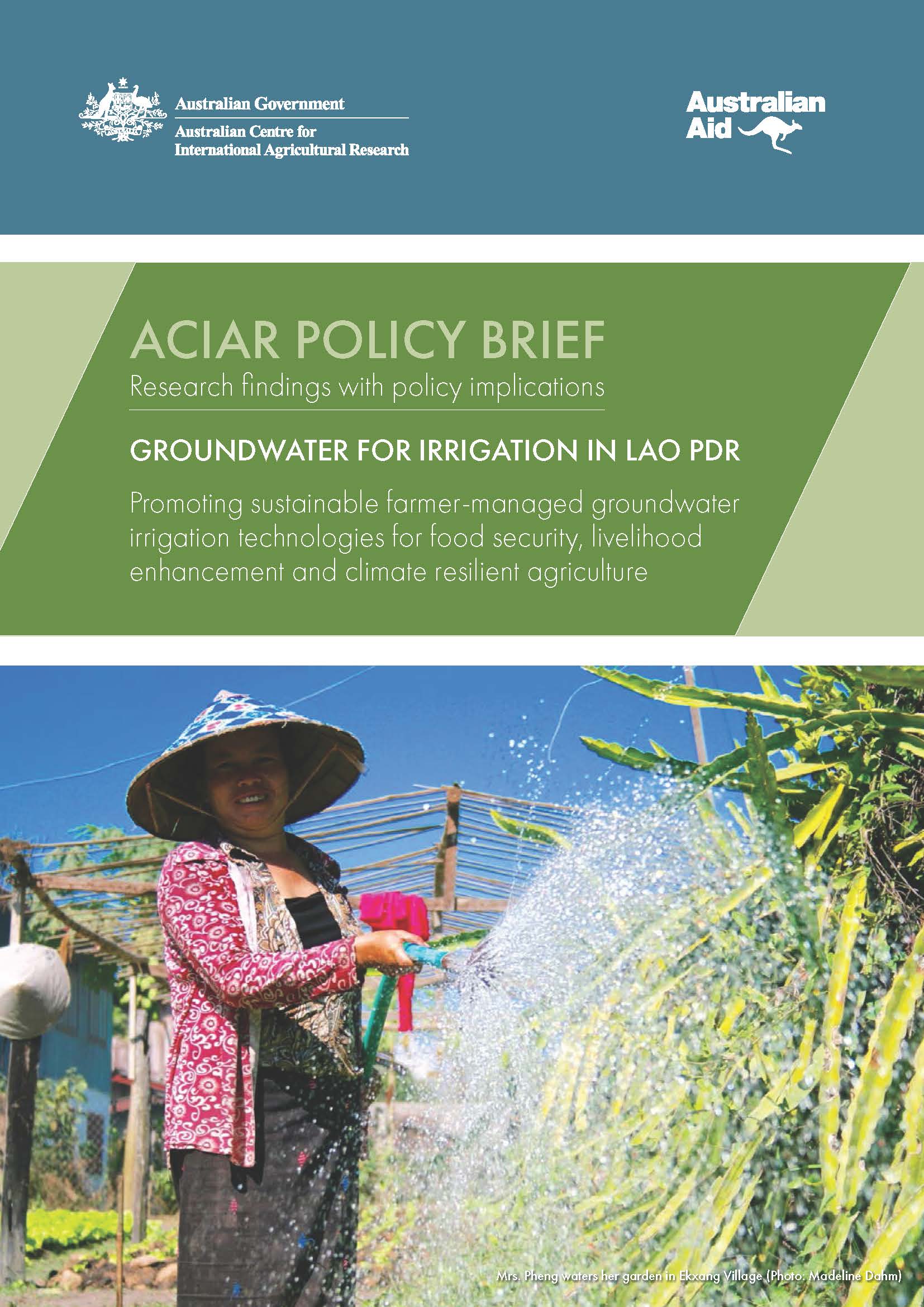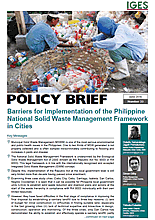ASEAN Centre for Energy Policy Brief
1. The ASEAN State of Climate Change Report (ASCCR) presented ASEAN’s mitigation goal: i) Achieve net-zero greenhouse gas (GHG) emissions as early as possible in the latter half of the 21st century; and ii) Cap peak GHG emissions as soon as possible after 2030 to ensure the net-zero GHG emission goal is met on schedule. 2. However, the updated...









